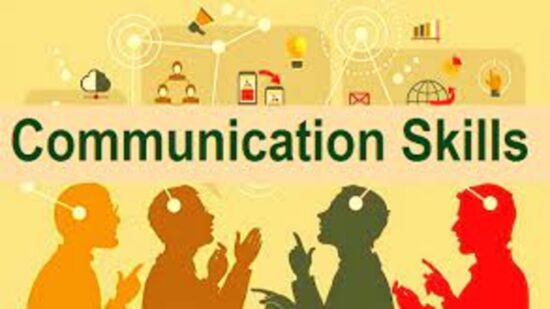
Communication Skills, Types and Importance
Communication skills is the ability for an individual to accurately convey a message to another person or group of people.
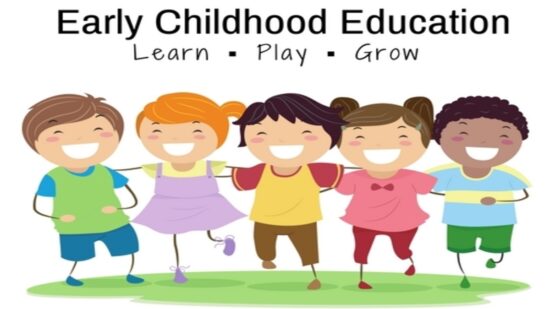
Early Childhood Education (ECE)
Early Childhood Education (ECE) is a term that refers to the period of time from a child’s birth to when they enter kindergarten. The period from birth to eight years old is remarkable for brain development of children and represents a crucial window of opportunity for education.

CAI — Computer Assisted Instruction
Computer-assisted instruction (CAI) refers to an interactive form of teaching in which instructional material is presented by computer and the individual’s learning is tracked using a computer. In simple words, CAI is a program of instructional material presented by means of a computer or computer systems. In some other instances, It is a self-learning technique […]

CSCL — Computer Supported Collaborative Learning
Computer-supported collaborative learning (CSCL) is considered as one of the most promising innovations to improve teaching and learning with the help of modern information and communication technology. Computer Supported Collaborative Learning (CSCL) refers to learning situations mediated by technologies where small groups of 3 to 5 students are exposed to interaction in order to solve […]
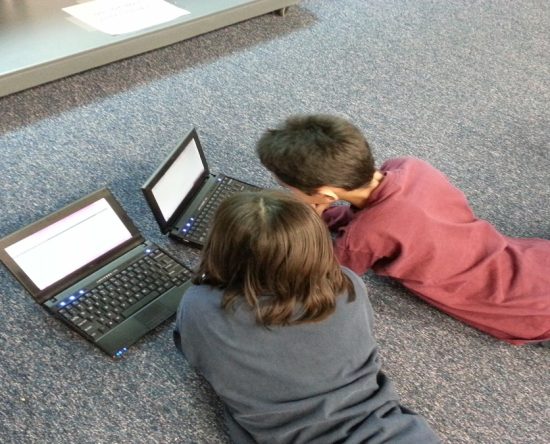
Phases of Computer-Supported Collaborative Learning (CSCL)
Computer-Supported Collaborative Learning (CSCL) Developments in ICT offer increasing possibilities for collaborative learning. Technology based learning environments can provide advanced means for the production of knowledge and constructive communication, and interactive and collaborative learning in (and between) classrooms and between teachers and learners. CSCL is one such example. Computer-Supported Collaborative Learning (CSCL) refers to the activity of […]
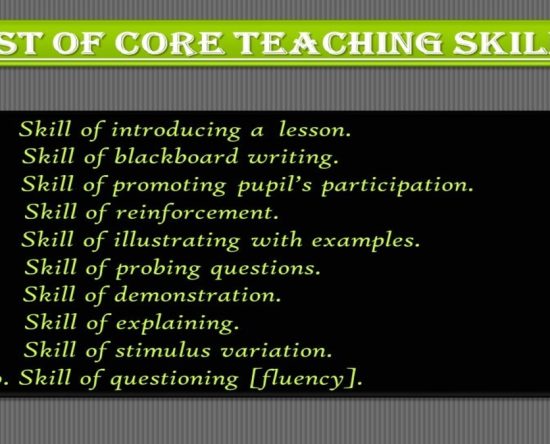
Core Teaching Skills
Core teaching skills are the essential skills that teachers need to be fully prepared for effective teaching and work in a productive teaching learning environment. Sometimes referred to as 21st century teaching skills, the Core Teaching Skills are the combination of the skills such as cognitive, delivering, learning and expressing in new and innovative ways.
Skill of Probing Questions, Explaining, Illustrating With Examples, Stimulus Variation, Reinforcement, Classroom Management, Using Blackboard, Introducing a Lesson.
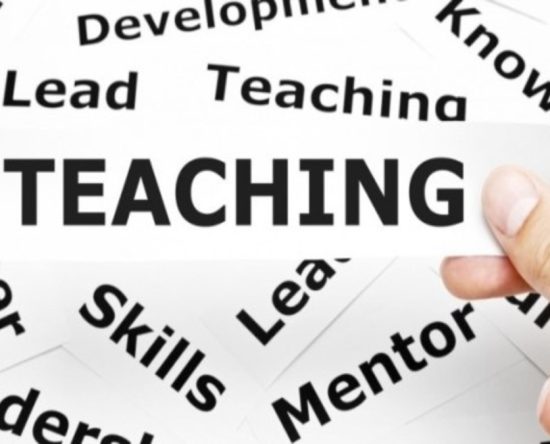
Teaching Skills for 21st Century Teachers
* A teaching skill is that behavior of the teacher which facilitates pupils’ learning directly or indirectly.
* A teaching skill includes all arts and behavior of the teacher which maximizes pupils’ learning.
*A teaching skill is that art of the teacher which makes communication between the teacher and pupils sufficiently.
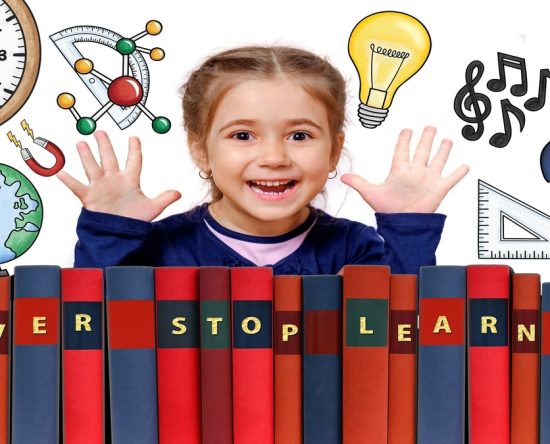
Instructional Strategies for Teachers
An instructional strategy is a method you would use in your teaching (in the classroom, online, or in some other medium) to help activate students’ curiosity about a class topic, to engage the students in learning, to probe critical thinking skills, to keep them on task, to engender sustained and useful classroom interaction, and, in general, to enable and enhance their learning of course content.


